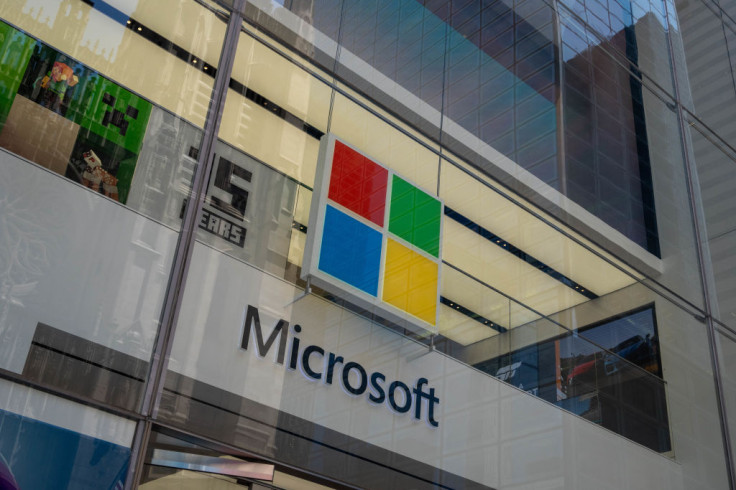Microsoft Regains Crown as Apple's Shares Tumble Amid Tariff Turmoil

Microsoft has once again become the world's most valuable public company, overtaking Apple after a sharp drop in the iPhone maker's stock price.
As of the market close on Tuesday, Microsoft held a market valuation of $2.64 trillion, surpassing Apple, which stood at $2.59 trillion.
The shift in rankings comes after Apple's shares dropped 23% over four trading days. The fall follows President Donald Trump's new tariffs on imports from over 100 countries, sparking global trade tensions and investor fears of a recession. The Nasdaq index has also fallen 13% during the same period, CNBC said.
Apple has taken the hardest hit among large tech companies due to its heavy reliance on manufacturing in China.
UBS analysts say the iPhone 16 Pro Max could cost up to $350 more in the US because of the tariffs. In contrast, Microsoft, which is seen as more protected from trade risks, has not suffered as steep a decline.
"Microsoft was among the companies we view as more insulated," said analysts at Jefferies, even after they lowered price targets for several tech stocks last week.
Microsoft just became the most valuable company worldwide after Apple collapses due to China tariffs pic.twitter.com/5FMiwk1ax7
— Marco Kobelt (@KobeltMarco) April 8, 2025
Tariff Tensions Slash Apple's Value by $773 Billion
While both Apple and Microsoft were valued at over $3 trillion earlier this year, market conditions have changed dramatically. Microsoft had briefly held the top spot in early 2024, before Apple regained it in June. Now, the roles have reversed again.
Tech companies, often global in nature, are being hit hard by the tariffs. China recently responded with its own trade limits, prompting Trump to announce an even steeper 50% tariff against Chinese goods, pushing the total rate to 104%.
According to SeattleTimes, Apple's market value has dropped by a massive $773 billion since the announcement. Microsoft, though also affected, has lost about $200 billion. Tesla, another major tech firm, has fallen nearly 22%.
The financial impact is being felt beyond Wall Street. "A bunch of people have exposure to this through their 401(k) accounts," said Philip Bond, a finance professor at the University of Washington. "That's especially true in high-income areas like Seattle."
Experts are warning of broader economic risks. JPMorgan Chase CEO Jamie Dimon indicated in a letter to shareholders that tariffs are likely to drive inflation higher, thereby increasing the risk of a recession. Concurrently, Goldman Sachs has adjusted its recession probability estimate to 45%.
A financial expert also observed that, while the stock market does not directly mirror the broader economy, their performances often tend to be interrelated.
Originally published on vcpost.com




















